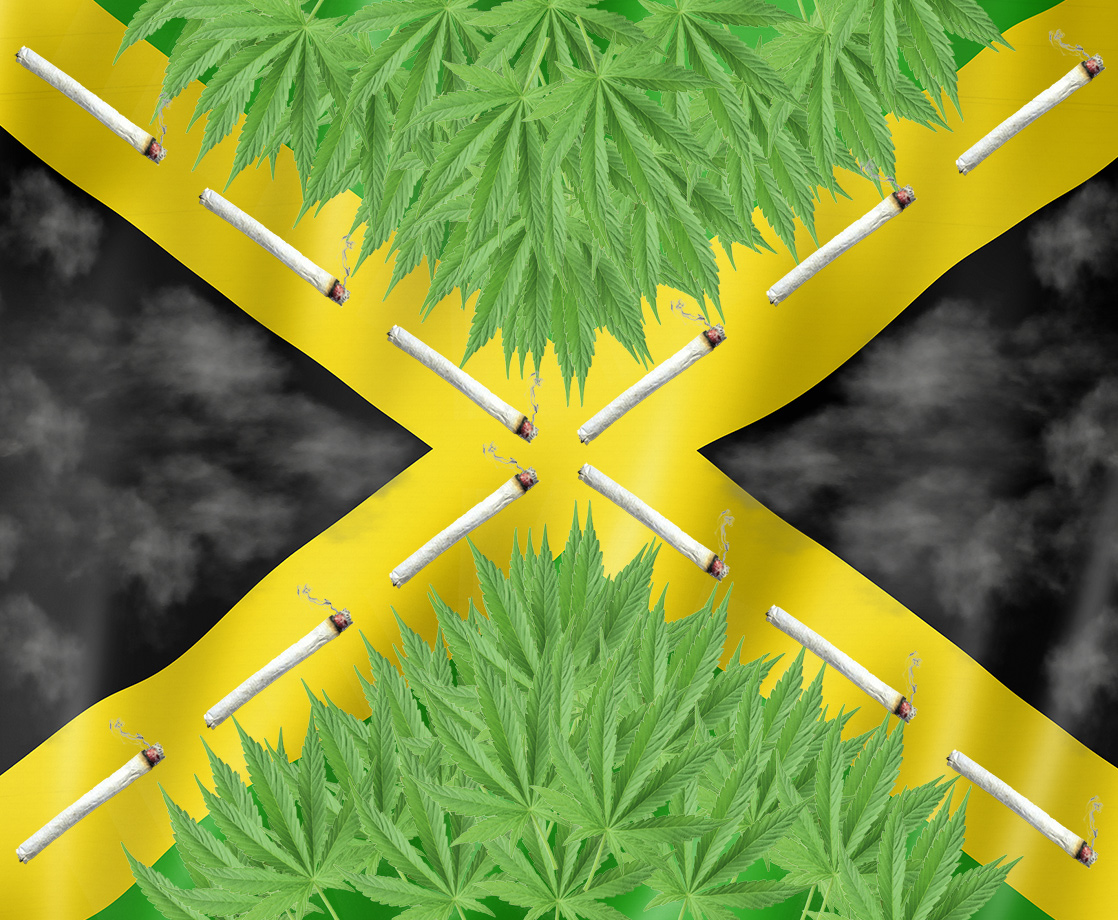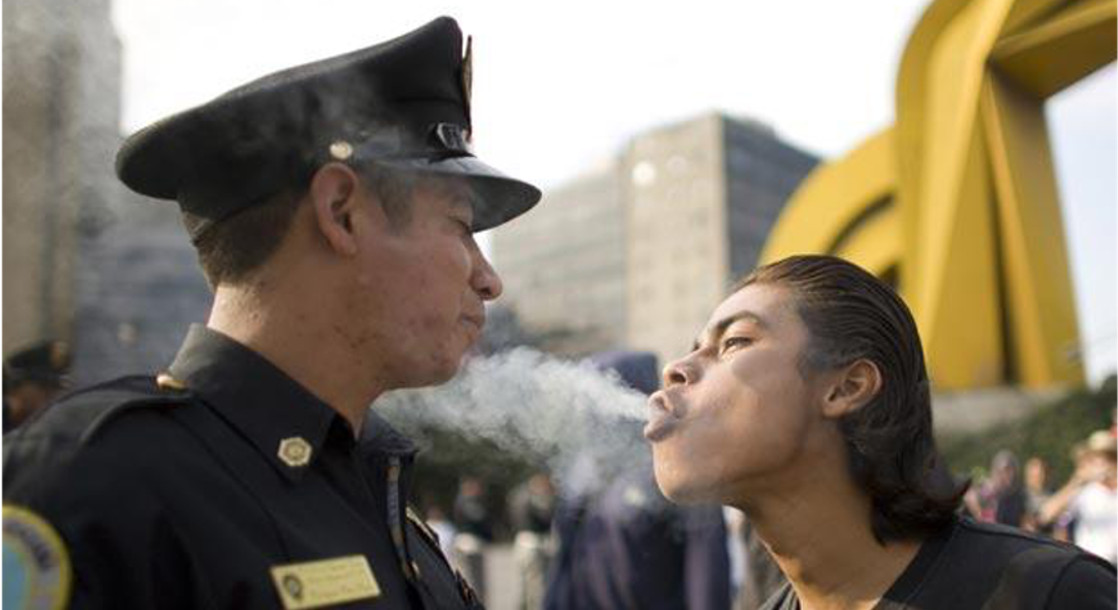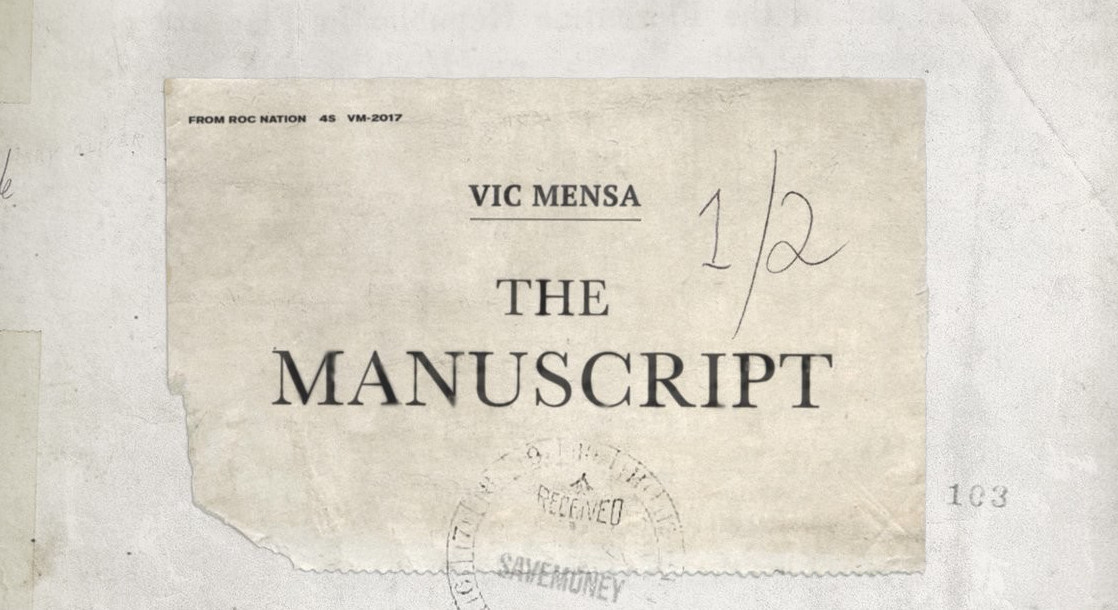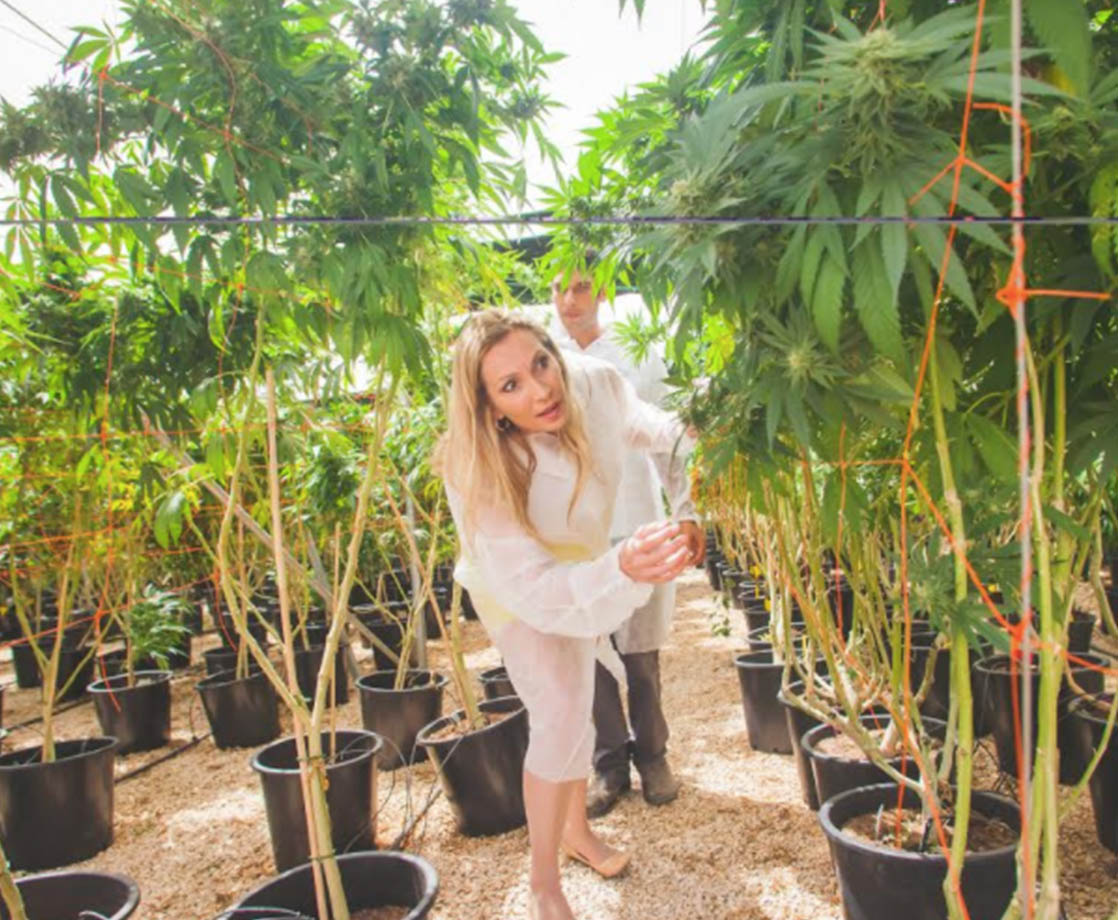Disclaimer: This column is written for educational purposes only. It does not provide specific legal advice and does not create an attorney-client relationship. This column should not be used as a substitute for competent legal advice from a licensed attorney in your state.
This article is part of MERRY JANE's Jamaica Week. For more on this special series of articles and videos, visit our Editor's Letter here.
When you think Jamaica, you think Bob Marley, reggae, and some of the best weed in the world. It’s estimated that 60-70% of Jamaicans use cannabis regularly. However, despite the common assumption that marijuana has been legal for years in Jamaica, it was actually illegal until 2015. In honor of Jamaican Independence Day this upcoming August 6th, let’s take a look at ganja’s legal status from the time the plant was introduced to the island until now.
Cannabis has been a large part of Jamaican culture since it was first brought to the island by East Indian laborers in the 1850s and 1860s. Jamaican marijuana kept its Indian roots in the name “ganja” — which means “hemp” in Sanskrit. The cannabis seedlings from India grew quickly on the island, thriving in the warm, tropical climate and fertile soil. By the 1930s, ganja was firmly rooted in Jamaican culture and the Rastafarian religion began incorporating ganja into its religious practices. The Rastafaris believe that the “wisdom weed” is the key to a “new understanding of the self, the universe, and God” and the “vehicle to cosmic consciousness.” Unfortunately, the Council of Evangelical Churches and white elites within the country mounted a successful campaign to ban cannabis out of fear that it caused violent behavior.
The Dangerous Drugs Act, aka Ganja Law of 1913, made possession, cultivation and trafficking of marijuana illegal in Jamaica. Penalties for possession included mandatory imprisonment for up to 12 months and a fine of 100 pounds. Arrest statistics grew to a rate of about 15,000 people per year, leading to an overwhelming burden on the judicial system. The law is largely regarded to have been written with the goal of targeting young, poor black men, not unlike the subtext of anti-marijuana legislation in the US from the 1930s on. Over the ensuing decades, the law was amended several times to be harsher and more punitive toward poor people. For example, the 1965 Flogging Regulation Law allowed police to flog cannabis users.
In 1972, researchers Vera Rubin and Lambros Comitas were allowed to conduct a study on cannabis use in Jamaica. Their findings revealed that Jamaican farmers had stepped up their efforts to export cannabis to Europe and North America on a larger scale. Marijuana trafficking out of Jamaica became a major concern for those trying to uphold Ganja Law, and still remains a top enforcement priority to this day. The 1960s and ‘70s, Jamaica ushered in an era of more permissive cultural perceptions around cannabis, as well as debate about relaxing marijuana laws. Earlier attempts to soften harsh laws were “scuttled because officials feared they would violate international treaties and bring sanctions from [the United States].”

Image via iStock Photo
Now, Jamaica is turning over a new leaf on cannabis law. In 2015, the country officially voted to amend the Ganja Law. The amendment decriminalizes small amounts of marijuana for personal use. Under the new law, possession of up to two ounces is now only a petty offense that carries a ticket and a fine of 500 Jamaican pounds (about $4.50 in US dollars). To the benefit of Jamaican citizens, the offense doesn't go any permanent criminal record. It’s now legal to cultivate five or fewer plants per household. Adult practitioners of the Rastafari faith are permitted to use ganja for religious purposes. They can also grow and transport with no limits, but are prohibited from selling cannabis and must only consume it only in locations registered as Rastafarian places of worship. Because of Jamaica’s international treaty obligations with other nations, including the United States, transporting cannabis out of the country is still illegal and heavily penalized.
The 2015 amendment also made medical marijuana legal for “therapeutic” purposes. The term therapeutic is flexible enough that many Jamaicans are hopeful tourists will able to legally consume cannabis recreationally in the future. Currently, ill visitors to Jamaica and tourists with a medical marijuana prescription from another country can purchase permits to buy small amounts of marijuana at the airport. While marijuana was pretty easy to obtain prior to 2015, tourists can now obtain it legally. The amendment also created the Cannabis Licensing Authority which will establish evidence-based regulations for cultivation and distribution of marijuana. The Cannabis Licensing Authority is also in charge of issuing permits to private companies to begin cultivating up to five acres of legal cannabis. The CLA board is comprised of a mix of government representatives and non-government representatives, such as members from the Jamaica Organic Ganja Growers Association and Rastafarian community members. This is the first step toward full legalization, which could pave the way for true pot tourism.
Certainly one of the main motivating factors for the 2015 changes to the Ganja Law is monetary in nature. Jamaica has one to the lowest economic growth rates in the developed world and legalization could infuse much needed wealth into the economy. The country is now fully exploring how full legalization could alter Jamaica’s future by boosting jobs and income. Members of the Cannabis Licensing Authority have met with marijuana experts from the US and consulted with leading members of the banking and financial services sector to determine whether they can provide services to marijuana-related businesses. Interestingly, Jamaica is looking at US states like Colorado for guidance on how to set up a robust regulatory scheme. In fact, experts from Colorado have visited Jamaica to advise representatives there on how to avoid some of the mistakes Colorado made that resulted in a number of serious health and safety issues. While Jamaica sets their legalization plans in motion, one thing is clear: as the home to some of the best cannabis on the planet, Jamaica is poised to benefit greatly by embracing ganja as a legal cash crop.
For more from our legal columnisit, visit Cannabiz Confidante's website here
Lead illustration by Sara Wass — see more of her design work on her website.











